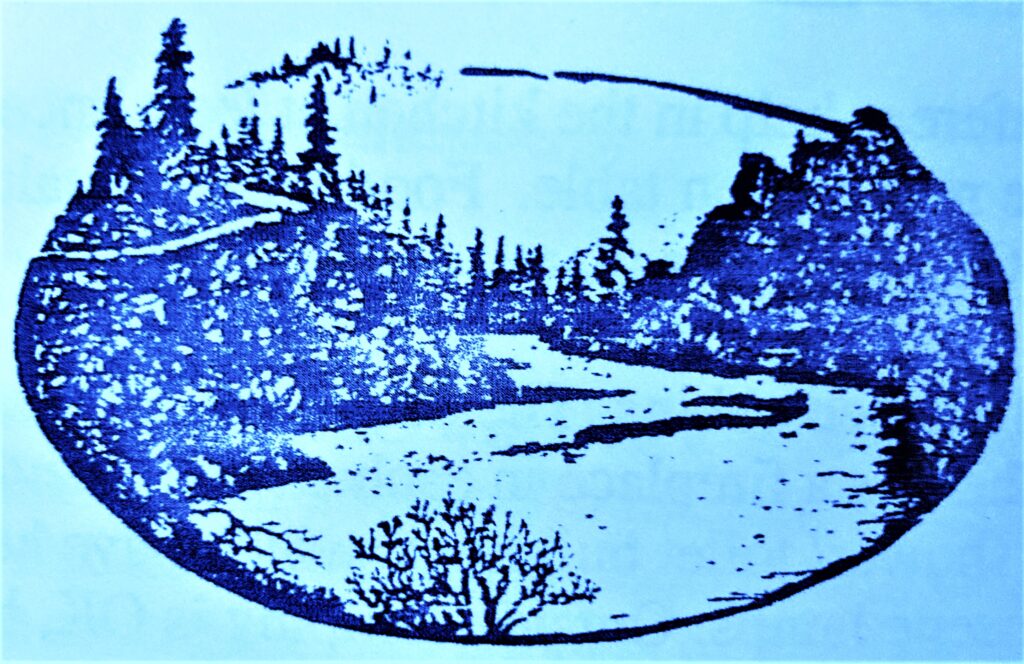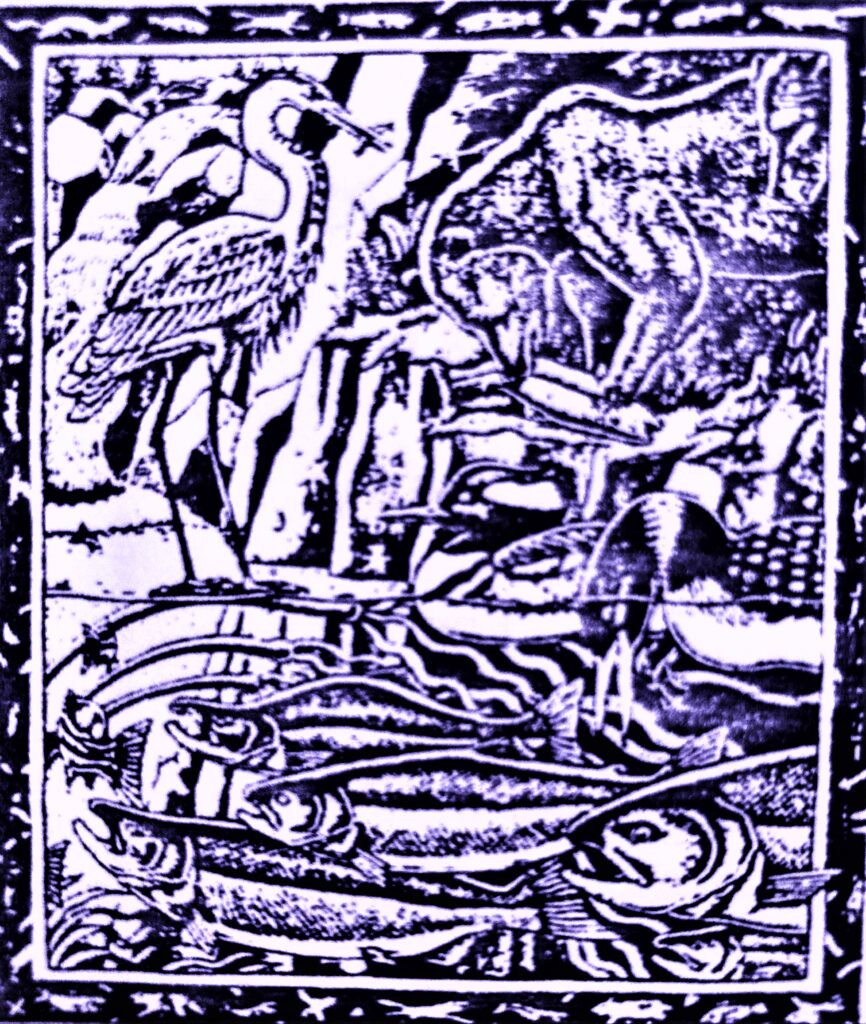“Planning A Sustainable Future”
September 15-18, 1994 (Thursday thru Sunday)

Location:
Mendocino County. Redwood Coast. Mendocino Woodlands Camp, on the Little North Fork of Big River, off Mendocino -Little Lake Road (County Road 408).
Conference:
The focus is on the unique ecosystem of the coastal forests, watershed and fisheries, where the land and the ocean interact. Discussions will cover: bioregional issues, explore our cultural heritage, envision a comprehensive ecological restoration of our watersheds, and understanding why the Coho salmon is not coming back to the coastal watersheds.
Also discussed, multiculturalism.
Presenters:
- Nat Bingham,
- Lowell Diller,
- Jan Dirksen,
- Brian Hill,
- Dr. Terry Roleofs,
- Bill Weaver.
Opening Address:
Peter Berg, Director of Planet Drum Foundation

Schedule:
Friday, September 16, 1994
Watersheds
Who owns them? Who inhabits them? Is sustainable forestry possible in our watersheds? How can a more coordinated approach to watershed management work? Watershed planning, and legal issues. Information on the Coho salmon. Led by the Redwood Coast Environmental Law Center.
- Watershed assessment and restoration strategies (Bill Weaver of Pacific Watershed Associates).
- Explanation and demonstration of the significance of Geographic Information System (GIS) computer mapping for watershed inventory (Jan Dirksen of William Kier Associates).
- To follow is a discussion on building watershed restoration.
- Workshop and training on restoration techniques.
Coho Salmon
Useful information about the life history of Coho salmon and factors limiting populations. Why the salmon are not returning to coastal watersheds, what can be done to bring them back, and how the development of a proactive coho salmon recovery plan could be started.
About how watersheds can organize to use the information regarding the [then] upcoming decision in October 1994 by the National Marine Fisheries Service as to whether the Coho salmon should be placed on the Federal Endangered Species Act. If listed there will be a great change in land use policies. How can watersheds organize to use this information?
Workshop on Coho salmon habitat requirements (Dr. Terry Roleofs of Humboldt State University).
Saturday, September 17, 1994
Multiculturalism, Jobs, & Spiritual Connections with the Earth
How can bioregionalists increase the involvement of Latinos, African Americans, and Native Americans regarding watersheds and jobs. And how can communication be increased between these groups and local foresters, fishermen, and artists.
Jobs and Sustainable Economies
How we can restore habitat and find funding to get the job done.
Other
- Sustainable agriculture, native plant use, bioregional industries, alternative energy, use of hardwoods.
- How to access startup funding for new industries (Brian Hill).
- Providing local environmental activists with tools on how to understand how fishermen perceive the issues that affect them, including logging practices in watersheds to water diversion policy and ocean harvest. The focus is to be on: Coho salmon biology, habitat protection, endangered species listing, and restoration (Nat Bingham, RCELC).
- Explanation of how the Simpson Timber company makes efforts to identify and preserve salmon habitat on its lands (Lowell Diller, Simpson Timber).
- The Impact of Coastwide Listing of the Salmon (representatives of the National Marine Fisheries Service and the California Board of Forestry).
Sunday, September 18, 1994
Morning: Wrap up, scheduling of the next meeting, farewell blessing.
Entertainment:
Friday and Saturday evenings will feature bardic entertainment.
Miscellaneous:
- Morning Circles, Invocations.
- Watershed Reports, native plant walks, Geographic Information System (GIS) seminars.
- Sweat lodge- All Friday long, conducted by Native American doctors from the Klamath-Siskiyou area.
- Swimming in river.
- Hiking upon 25 miles of 50 year old trails.
- Computer Center for email and internet access.
- David Raitt and his band was mentioned within the planning stages as an entertainment possibility.
Registration Fee:
- $50.
- Early registration: (before August 15) $20.
- Scholarships available.
Lodging:
- $10 per night (cabin). Camp One is a rustic camp with 46/8 four-bed log cabins, dining halls and meeting areas, built in the 1930s. Each cabin has a fireplace, kerosene lamps, and four beds with mattresses (bedding not included).
- $5 per night (outside camping).
Food:
- Healthy, vegetarian, and as much as possible locally grown.
- Each participant will be asked to work 1 shift in the kitchen.
- $40 (eight meals).
Participants Attending:
Somewhere between 150-200 people.
Organizing Committee Members:
- Debbie Hubsmith (Administrator),
- Planet Drum Foundation,
- Mendocino Environmental Center (help suggesting speakers, workshops and presentations on local watersheds and sustainable economic development efforts).
Sponsors:
- Planet Drum Foundation,
- The David and Lucile Packard Foundation,
- Redwood Coast Environmental Law Center (a non-profit interest law firm dedicated to the promotion and protection of the environment).

Reader Interactions